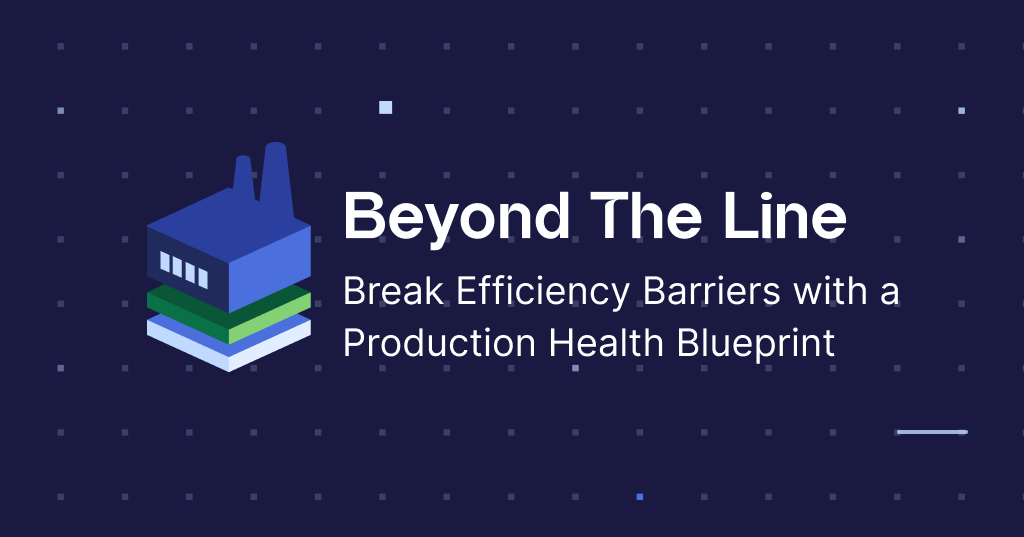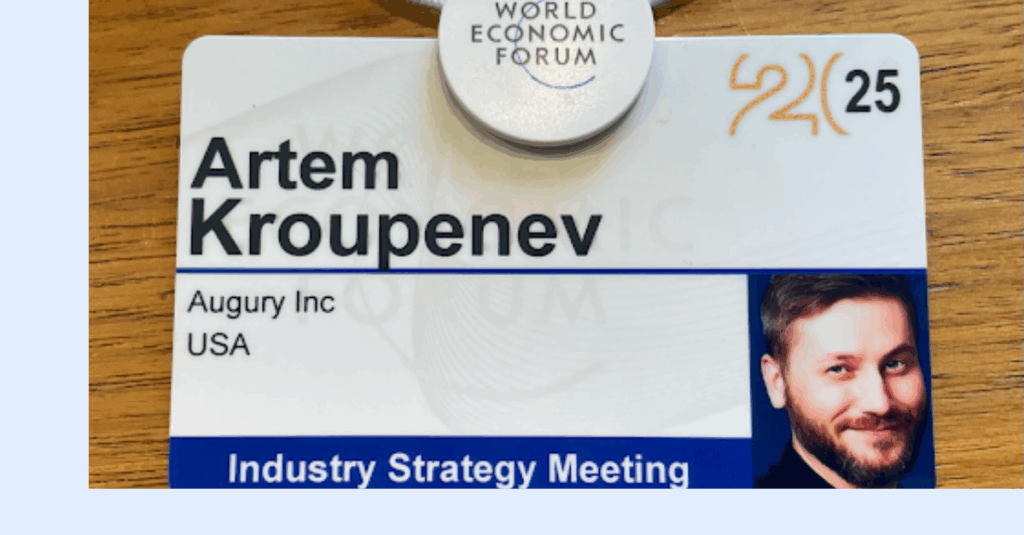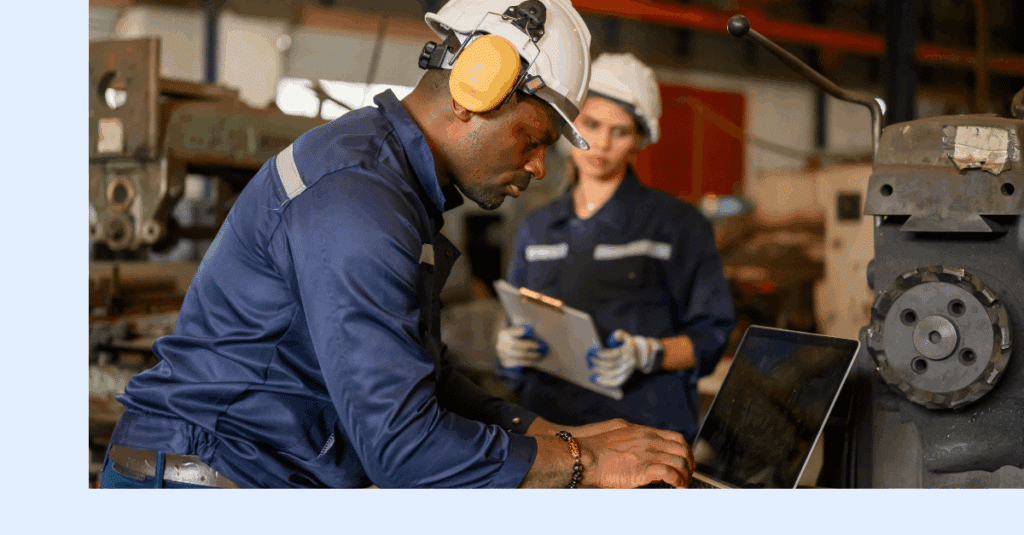
“Uncertainty” seems to be the term of our times. And as the sun seems to set on the golden age of globalization, it’s rising for AI-backed workers. But what do Pop-Tarts have to do with anything? Read all about it in our regular round-up of manufacturing-related news.
Uncertainty Everywhere
On the face of it, there’s not a lot of great news in manufacturing.
“Chinese manufacturing overcapacity is flooding global markets with cheap Chinese exports, distorting world trade and leaving American businesses and workers struggling to compete,” according to ‘China’s Dead-End Economy Is Bad News for Everyone’.
With their “real estate market imploding” and the Chinese consumer not spending but rather “hunkering down and hoarding assets such as gold against an uncertain future,” the Chinese government is returning to its fallback, manufacturing, to keep the economy going.
“China won’t be able to innovate its way out of this. Its economic model still largely focuses on cheaply replicating existing technologies, not on the long-term research that results in industry-leading commercial breakthroughs. All that leaves is manufacturing in volume […] All of this means that the ‘reform and opening’ era, which has transformed China and captivated the world since it began in the late 1970s, has ended with a whimper.”
“Mao Zedong once said that in an uncertain world, the Chinese must ‘Dig tunnels deep, store grain everywhere and never seek hegemony.’”
Sounds like healthy advice.
Tax Carbon, Not Cars?
While ‘Biden Outdoes Trump With Ultra-High China Tariffs’, some people are arguing an influx of cheap Chinese electrical vehicles and solar panels into the US and Europe might not be a bad idea since local car and solar panel manufacturers are still only able to build and sell products to the well-off. And maybe Europe has the right idea by considering dealing with the same problem through carbon tariffs.
According to ‘Don’t Slam the Door on Inexpensive Chinese Electric Vehicles’, carbon tariffs create all the right incentives: they encourage foreign manufacturers to decarbonize their products, leading to a virtuous cycle of lower prices and emissions.
“The Biden administration is right that climate policies must work for the people of Detroit and Pittsburgh as much as they work for well-off Tesla drivers. But to accomplish these goals, it ought to be taxing China for its soaring carbon emissions, not for its electric vehicles and solar panels, which for now, at least, the United States needs badly. Given China’s soaring carbon emissions, carbon tariffs will be tough on the country, but for the right reasons.”
Healthy food for thought?
Stainless VS Stain Less
Individual companies are also subject to uncertainty, unless, perhaps, they’re related to microchips and/or AI. For instance, Samsung is reintroducing six-day work weeks for its executives to “tackle business uncertainty.”
And just Google “Tesla” and “uncertainty” to get endless hits – and that’s only from the last month. Certainly, it seems someone forgot to tell the folks behind Tesla’s cybertruck that “stainless steel” doesn’t literally mean “stainless” but rather that it “stains less” than other steel.
You live, you learn. And you try to make the healthiest choice based on as much research as possible…
Globalization VS Deglobalization
“The proliferation of subsidies and sanctions is one of the most obvious signs of the unraveling of the ‘international rules-based order’, as policy wonks like to call it,” according to ‘The World’s Economic Order Is Breaking Down – Critics Will Miss Globalization When It Is Gone’.
“This unhappy regression – call it deglobalization, for want of a better term – is beginning to become visible in the economic data as investors reprice assets and redirect capital in a less integrated world. Although these shifts have not yet had much impact on global living standards, they constitute a giant and alarming gamble: that the enormous reductions in poverty brought about by globalization can continue without it.”
While some argue deglobalization will spur growth, many worry it will spur the growth of world poverty. “The golden age of globalization caused an unprecedented decline in global poverty. The number of Chinese living in extreme deprivation, for instance, has fallen from 800m to almost zero.”
“And as deglobalization gathers pace, its true costs are likely to become clear.”
Perhaps there’s a healthier middle path?
Welcome To The Golden Age Of Workers (Who Use AI)
As one golden age sets, another seems to rise: ‘Welcome To A Golden Age For Workers – How Jobs Are Being Transformed For The Better’.
“As societies age, labor is becoming scarcer and better rewarded, especially manual work that is hard to replace with technology. Governments are spending big and running economies hot, supporting demands for higher wages, and are likely to continue to do so. Artificial intelligence (AI) is giving workers, particularly less skilled ones, a productivity boost, which could lead to higher wages, too. Some of these trends will reinforce the others: where labor is scarce, for instance, the use of tech is more likely to increase pay.”
So are we headed towards a healthier balance in how labor markets work?
Sweet Innovation
Here’s one certainty: three billion Pop-Tarts were sold in 2022.
That’s a lot of melt-proof frosting! And these sales will likely be boosted in 2024 by Jerry Seinfeld’s purely fictionalized Pop-Tart movie Unfrosted – likely the biggest manufacturing-related movie since last year’s Wonka.
“What made Pop-Tarts so innovative wasn’t just the sweet filling in various flavors squished between two thin pastry crusts. Or that they could be eaten toasted or cold. It was the convenience with which adults and children alike could open and instantly devour them,” according to ‘The Contentious History of the Pop-Tart’.
While no one can deny the power of a well-timed Pop-Tart, it is indeed “the antithesis of a balanced breakfast.” Or as one pediatrician put it: “I still have to say, even in 1964, what were they thinking?”
But: “As long as we have an economy that is built on, ‘Go, go, go,’ there will always be a market for food that you can grab and go.”
But also, when it comes to innovation: there’s never any harm in thinking about healthy alternatives.
Ready for the next era of efficiency?





